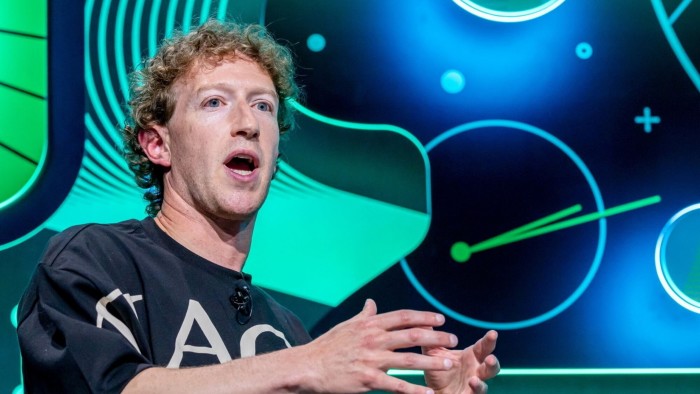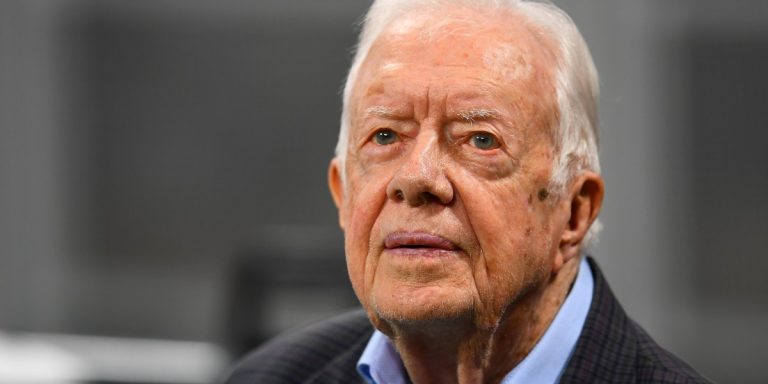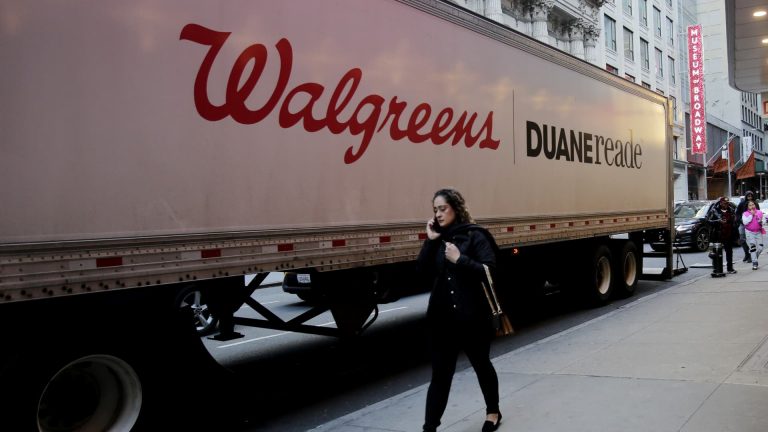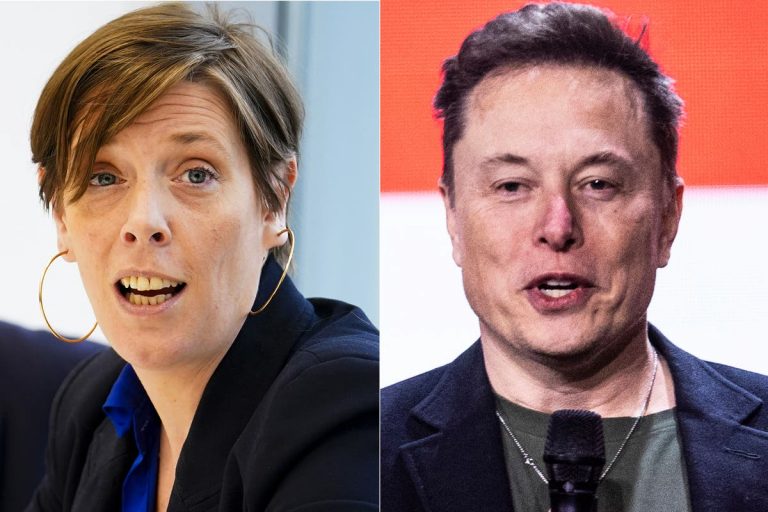Unlock the Editor’s Digest for free
Roula Khalaf, Editor of the FT, selects her favourite stories in this weekly newsletter.
Thanks to their powerful network effects, social networks have been hard to dislodge once established. Even if newer services break through — think TikTok — the sheer weight of user numbers usually assures older networks a place.
As political volatility courses through the social networking world, that certainty may no longer be so dependable. The risk of political retaliation on the one hand, and of audience defection on the other, have created greater instability than at any time for years. The forces of centralisation are still powerful, but shifts in audience habits and greater fragmentation among networks are starting to look like a distinct possibility.
Meta’s decision this week to end fact-checking on Facebook and Instagram is the latest sign of this political upheaval. After replacing his company’s head of global policy with a Republican and appointing a Trump ally to its board, chief executive Mark Zuckerberg followed up on Monday by relaxing content policies, bowing to Republican complaints that his networks had veered into left-wing bias and censorship.
Zuckerberg has long been social networking’s great survivor. He is a fast-follower in business who has managed to copy or buy his way into new fads that his industry has come up with. He is also a pragmatist ready to shift with the political winds. If turning Facebook and Instagram into something more like Elon Musk’s X is the price of peace now that Donald Trump is heading back to the White House, then so be it.
Meta’s willingness to overhaul its networks to suit the times comes as strong political winds threaten to upend other parts of the social media landscape. TikTok is hoping that a last-ditch hearing before the US Supreme Court on Friday will save it from a potential ban starting on January 19. Meanwhile, political polarisation has also fanned the hopes of newer networks, as some liberals aghast at Musk’s management of X have deserted to Bluesky and Trump’s Truth Social has attracted a stock market value of more than $7bn.
It is unclear whether the established networks will be able to ride out this period of upheaval, or whether a more fundamental realignment in social media is in store.
Meta’s attempted course-correction has highlighted an uncomfortable truth. It may simply be impossible to run a completely open, uncensored network, while at the same time presenting an environment where anyone can feel safe and at home.
Efforts to resolve this underlying tension have foundered. Outsourcing fact-checking to independent experts, for instance, was one way Meta tried to fight back against the spread of misinformation while distancing itself from accusations it was taking political sides. This failed to appease Republicans.
Meta’s bet now seems to be that a messy free-for-all will be the best way to keep the largest number of people happy, much like the one that has reigned on X under Musk. But as on X, many Facebook and Instagram users may be repelled if this leads to a more antagonistic environment — particularly as Meta says it now plans to allow an increase in the amount of political content its users see. Advertisers, for whom brand safety has been a persistent concern on Meta’s networks, are also likely to reassess.
One dimension of this potential fracturing is geographic. Although only affecting the US for now, Zuckerberg dangled the possibility that the latest changes to his company’s content policies would reverberate globally, criticising countries that force greater “censorship” on US companies. Such invocations of the American ideals of free-speech, however, may run counter to cultural preferences elsewhere and may be at odds with local laws.
A greater degree of personalisation may help to resolve some of the tension, enabling networks to maintain their claims of complete openness while giving each user a more tailored experience. That is what Meta promised this week. But each person’s experience is still determined entirely by Meta’s own algorithms. A deeper form of personalisation would give users a more direct say in the content they see, for instance by allowing them to have their content filtered by independent algorithms of their own choice. Meta, though, has resisted giving up that.
If Zuckerberg has judged the political winds and his own users’ tolerance for change correctly, he may have given Meta a new lease of life. But the risks of getting it wrong have never looked higher.

























+ There are no comments
Add yours